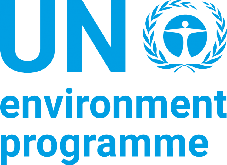Article by Olga Algayerova, UNECE Executive Secretary
While COVID-19-related disruptions may have impacted people’s mobility and slowed cross-border movements of people and goods this year, pollution knows no travel restrictions. Air pollutants, travelling through our atmosphere, can harm people and the environment even thousands of kilometres from their point of emissions.
Air pollution has been dubbed the ‘invisible killer’, responsible for a staggering 7 million deaths per year, according to the World Health Organization – more than from Malaria, Tuberculosis and AIDS combined. As we find out more about COVID-19, some scientists also suggest that people who live in polluted areas might be more susceptible to develop severe symptoms.
During the COVID-19 related lockdowns in many cities around the world, researchers detected a sharp decline in air pollutant concentrations, specifically in levels of nitrogen oxides (NOx), due mainly to reduced road transport in urban areas. In some cities, such as Madrid, concentrations went down by more than 50 per cent from one week to the next. However, the quality of our air is determined by a variety of pollutants from different sources, some of which have been less affected by the pandemic, such as fine particles (PM2.5) from heating of residential and other buildings and the application of fertilizers in agriculture. This shows us that to effectively protect us from exposure to air pollution in cities, it is important to take comprehensive cross-sectoral measures that go beyond just the transport sector.
